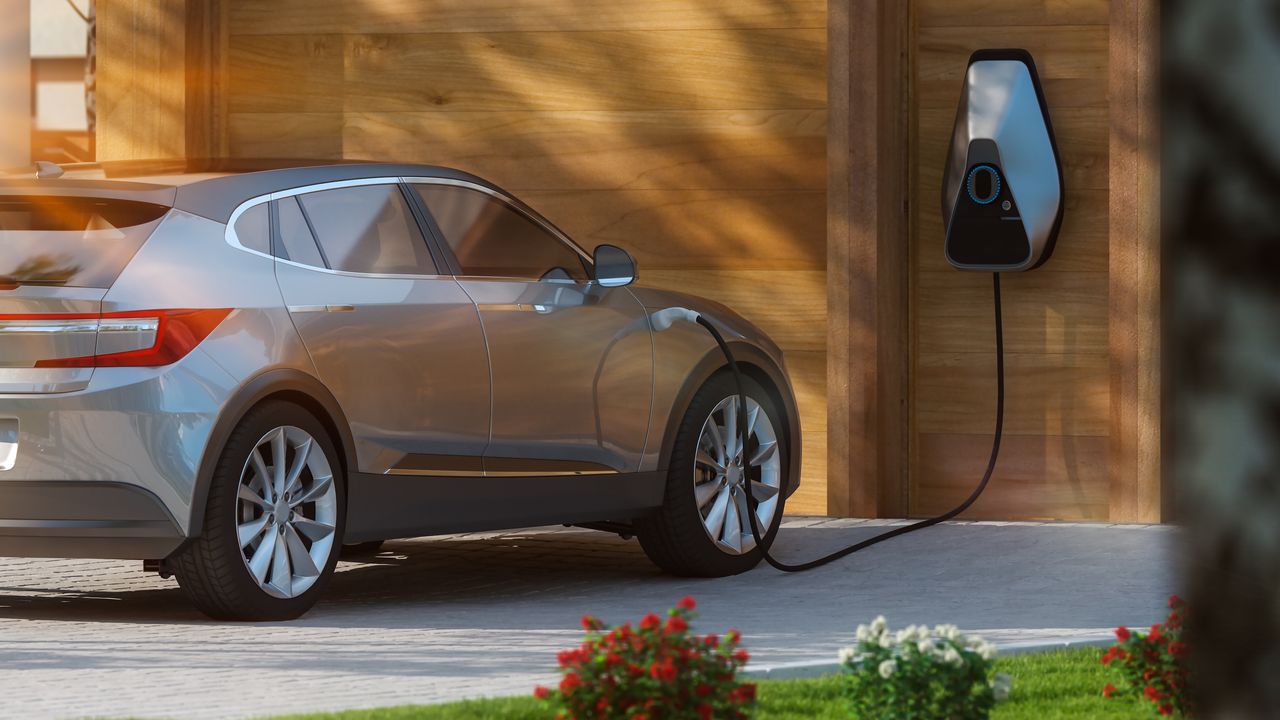The Future of Electric Cars and E-Mobility: Transforming Smart Cities
Electric cars and e-mobility are revolutionizing the way we think about transportation. As concerns about climate change and air pollution continue to grow, the shift towards electric vehicles (EVs) has gained significant momentum. With advancements in technology and the increasing availability of charging infrastructure, the future of electric cars and e-mobility looks promising, especially in the context of smart cities.
Smart Cities and Electric Cars
Smart cities are urban areas that leverage technology and data to improve the quality of life for their residents. These cities prioritize sustainability, efficiency, and connectivity. Electric cars play a crucial role in the development of smart cities as they offer a clean and sustainable mode of transportation. By reducing carbon emissions and dependence on fossil fuels, electric cars contribute to a healthier and more sustainable urban environment.
Furthermore, electric cars can be integrated into the smart city infrastructure, enabling seamless connectivity and data exchange. Through IoT (Internet of Things) technology, electric cars can communicate with charging stations, traffic lights, and other smart devices. This connectivity allows for efficient energy management, optimized traffic flow, and enhanced user experience.
Charging Infrastructure Expansion
One of the key challenges in the widespread adoption of electric cars is the availability of charging infrastructure. To address this issue, governments and private companies are investing heavily in expanding the charging network. The aim is to make charging stations as ubiquitous as traditional gas stations, ensuring that EV owners have convenient access to charging facilities.
Charging infrastructure expansion involves the installation of public charging stations in parking lots, shopping centers, and other high-traffic areas. Additionally, home charging solutions are becoming more accessible, allowing EV owners to charge their vehicles overnight. Fast-charging stations are also being deployed along highways to enable long-distance travel for electric cars.
As the charging infrastructure expands, range anxiety – the fear of running out of battery – will become less of a concern for potential EV buyers. This will further incentivize the transition to electric cars and accelerate the growth of e-mobility.
Shared Mobility and Electric Cars
Shared mobility services, such as ride-hailing and car-sharing platforms, are gaining popularity worldwide. Electric cars are well-suited for shared mobility due to their lower operational costs and environmental benefits. Many ride-hailing companies are already incorporating electric cars into their fleets, reducing emissions and providing passengers with a greener transportation option.
Shared electric mobility not only reduces congestion and pollution but also promotes a more efficient use of resources. By sharing rides, fewer vehicles are needed on the road, resulting in less traffic and reduced parking demand. As smart cities continue to develop, shared electric mobility is expected to play a significant role in shaping the future of transportation.
The Road Ahead
The future of electric cars and e-mobility is bright, especially in the context of smart cities. As governments, businesses, and individuals recognize the importance of sustainable transportation, the adoption of electric vehicles will continue to increase. With the expansion of charging infrastructure and the integration of electric cars into shared mobility services, the transition to e-mobility is well underway.
However, challenges such as the affordability of electric cars, battery technology advancements, and the need for further investment in charging infrastructure still need to be addressed. Governments and industry stakeholders must work together to overcome these obstacles and create an environment that encourages the widespread adoption of electric cars.
As we move towards a future of smart cities and sustainable transportation, electric cars and e-mobility will play a vital role in shaping our urban landscapes. By embracing this transformation, we can create cleaner, greener, and more livable cities for future generations.
